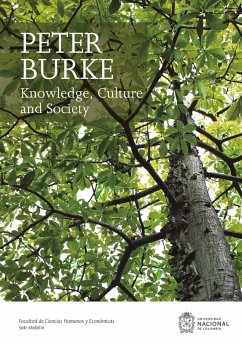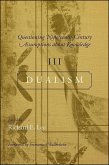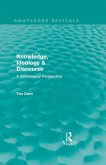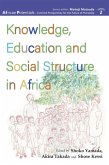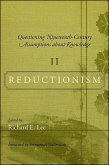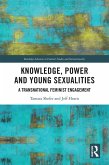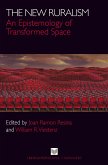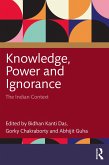How is knowledge measured? How long does it take us to reflect on something and how long to express our thoughts? Such is the dilemma that the human, social and economic sciences go through, since they face the challenge of understanding complex processes when confronting the urgency of standards, measurements and forms of qualitative and quantitative evaluation that respond to notions of utility, productivity and viability, defined within social, cultural and political realities discordant with those models. Peter Burke. Knowledge, Culture, and Society, compiles a series of conferences given by Peter Burke during his visit to Medellín, but also includes some unpublished works. It constitutes the first publication in English by the Editorial Center of the Faculty, aimed at the internationalization of our programs and to support the acquisition of a second language. It is also one of three publications commemorating the FCHE's 40th Anniversary: the historical review 40 Años Creciendo, Escribiendo y Publicando, the Historia de la Facultad de Ciencias Humanas y Económicas (1975-2015), and now, this academic jewel that encourages the reflection upon our disciplines and the sources that support us as academics and researchers. I hope that Peter Burke. Knowledge, Culture, and Society provides the tools for an interdisciplinary discussion about knowledge in the social and human sciences today, as well as important considerations about the research and methodological challenges posed to us every day. Yobenj Aucardo Chicangana-Bayona Dean
Dieser Download kann aus rechtlichen Gründen nur mit Rechnungsadresse in A, B, BG, CY, CZ, D, DK, EW, E, FIN, F, GR, H, IRL, I, LT, L, LR, M, NL, PL, P, R, S, SLO, SK ausgeliefert werden.

